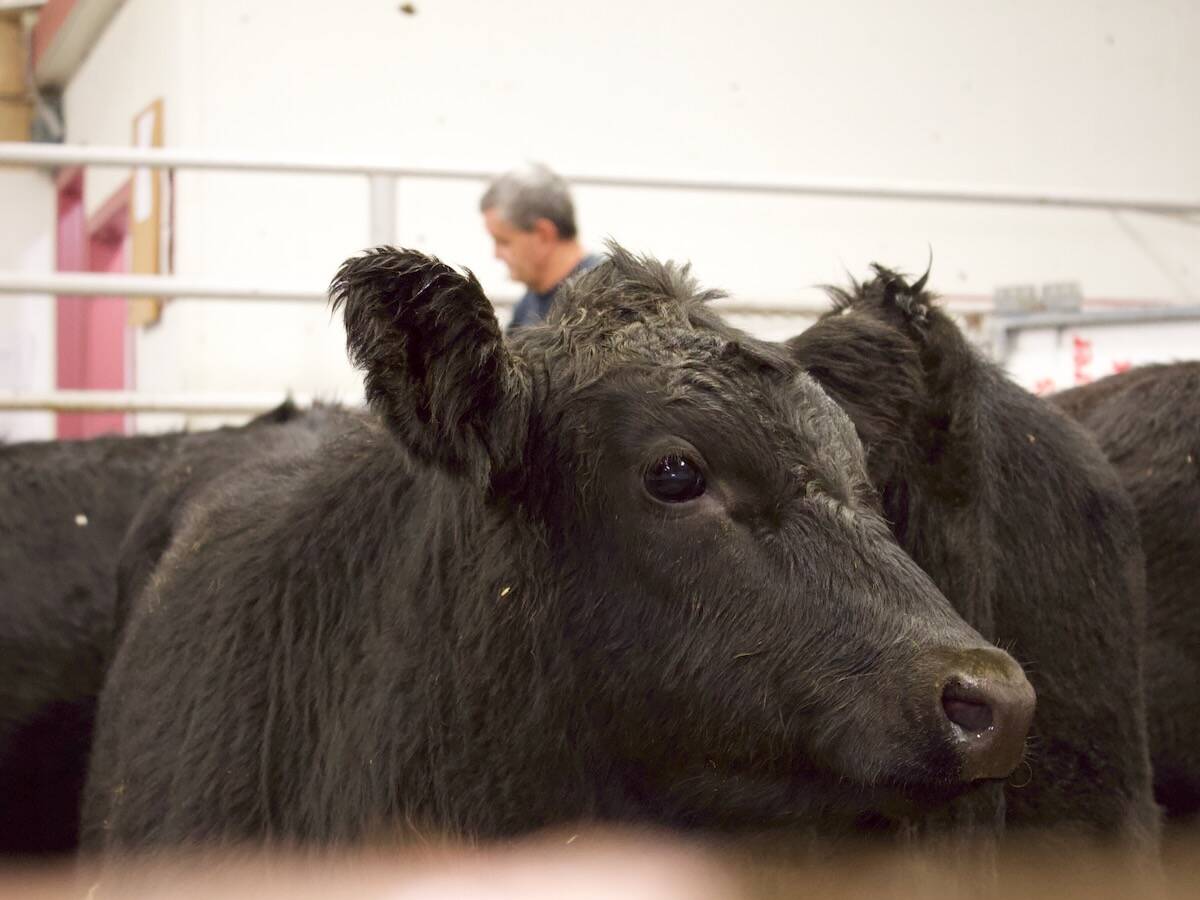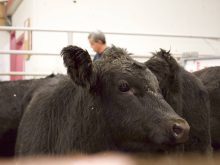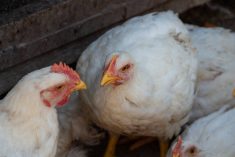Feeder cattle prices in Western Canada were steady to $1 higher over the holiday week while U.S. values were steady to $3 higher. Volumes were rather light and many sales barns were closed. Canadian feeder cattle exports have dropped under 2,000 head per week, with little buying interest surfacing for the few feeders coming available.
Last Wednesday, the U.S. Department of Agriculture estimated U.S. corn acres at 87.872 million, which shocked the feedgrains markets. This number was nearly 1.5 million acres below the average pre-report estimate and also down from the March seeding intentions of 88.798 million. The feedgrains complex is now moving into a new fundamental price range and the corn market will be very sensitive to temperatures during pollination. This is going to limit upside in feeder cattle prices, as Western Canada is also contending with one of the smallest barley crops in 30 years. Feeding margins have a new dimension and the costs per pound gain during the fall and winter will be higher than earlier expected.
Read Also

Cash incentive for CRSB Certified beef producers launched
The Canadian Roundtable for Sustainable Beef (CRSB) has launched an incentive payment for CRSB Certified producers.
Another factor weighing on the feeder market is the sluggish U.S. economy. Consumer confidence is not rebounding as expected and restaurant demand is struggling to recover. The lack of disposable income is limiting consumer spending on beef products as unemployment hovers around 10 per cent.
October feeder cattle futures reached $114 last week, which is only $2 from contract highs. It may only be prudent to look at some put options on the feeder cattle futures for the average cow-calf producer. There are a couple of very large feeder cattle sales in the U.S. over the next two weeks. Cow-calf producers in Western Canada should be watching these sales as the first main price discovery mechanism for the fall period.
— Jerry Klassen is a commodity market analyst in Winnipeg and maintains an interest in the family feedlot in southern Alberta. He writes an in-depth biweekly commentary, Canadian Feedlot and Cattle Market Analysis, for feedlot operators in Canada. He can be reached by email at [email protected] or 204-287-8268 for questions or comments.
The material contained herein is for information purposes only and is not to be construed as an offer for the sale or purchase of securities, options and/or futures or futures options contracts. While the information in this publication cannot be guaranteed, it was obtained from sources believed to be reliable. The risk of loss in futures trading can be substantial. The article is an opinion only and may not be accurate about market direction in the future. Do not use this information to make buying or selling decision because adverse consequences may occur. This information may be wrong and may not be correct about current market conditions in all areas of Canada. This is an opinion only and not based on verified facts.














